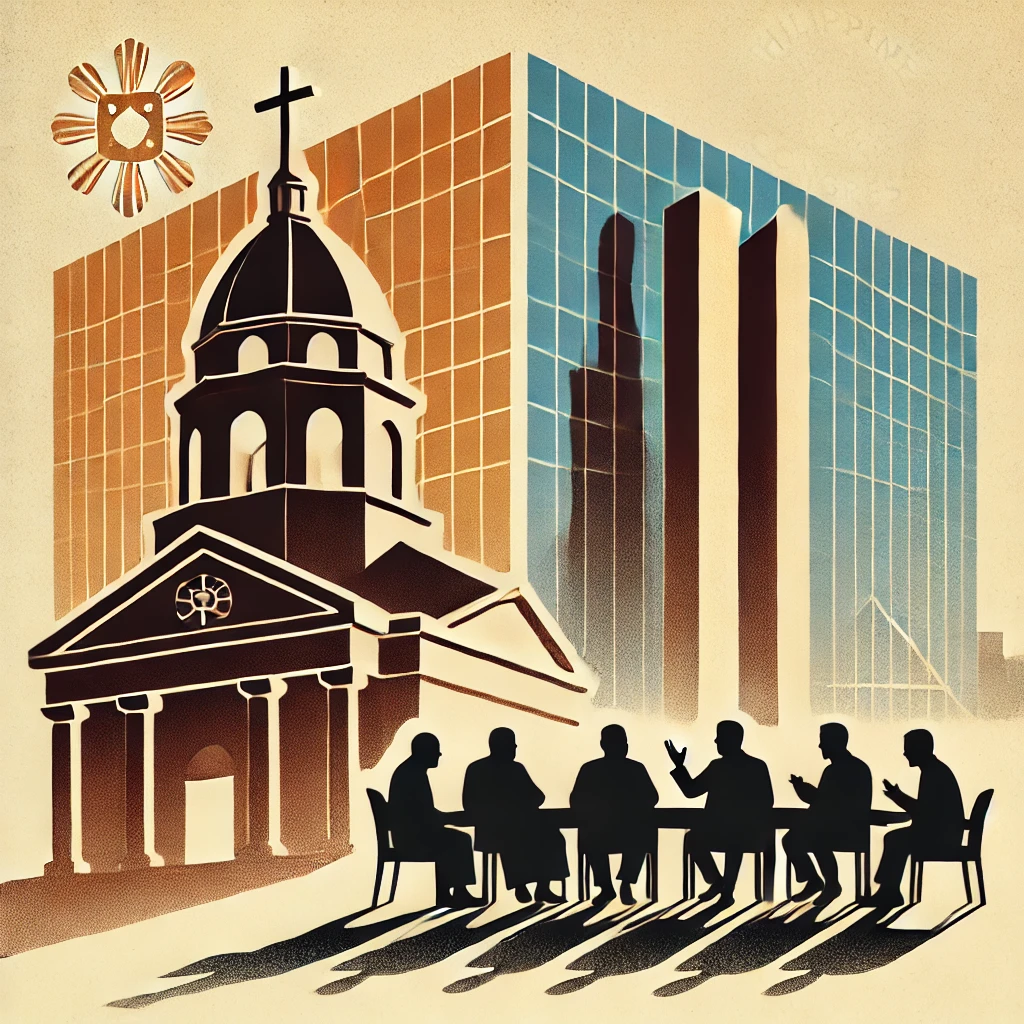During the Aldersgate Mission Conference opening worship (October 17, 2023, 7:00PM), Bp Leo Soriano, repeatedly related in his sermon the word “Misio Dei”. This catches my attention and I wrote a few words about it. In this blog, let us have a brief overview of Misio Dei – its meaning, theological considerations, views from the Wesleyan tradition, executions, and the call to action.
A. Meaning of Misio Dei
Misio Dei, translated as the “Mission of God,” refers to the understanding that God is a missionary God, actively engaged in the world. It emphasizes God’s initiative in reaching out to humanity, inviting people to participate in God’s redemptive mission. This concept underscores the purpose of the church and every Christian to be agents of God’s mission in the world.
B. Theological Considerations
- God’s Purpose: Misio Dei reflects God’s purpose in creation, redemption, and restoration. It underscores God’s desire for all people to be in a reconciled relationship with Him.
- Incarnation: The concept aligns with the incarnation of Christ, where God became human to reach humanity. It emphasizes the relational aspect of God’s mission.
- Holy Spirit’s Empowerment: Misio Dei emphasizes the role of the Holy Spirit in empowering believers for mission, providing guidance, and enabling them to bear witness effectively.
C. In Views of Wesleyan Tradition
- Prevenient Grace: Misio Dei aligns with the Wesleyan understanding of prevenient grace, the idea that God’s grace precedes and enables human response. This grace enables individuals to respond positively to God’s mission.
- Holiness and Social Justice: The Wesleyan tradition emphasizes both personal holiness and social justice. Misio Dei resonates with this balance by emphasizing the transformation of individuals and communities through God’s mission.
D. Executions of Misio Dei
- Global Missions: Churches and organizations engage in global missions, sending missionaries to different parts of the world to share the message of Christ and meet practical needs.
- Community Outreach: Local congregations participate in community outreach programs, addressing social issues, poverty, and providing support to those in need.
- Interfaith Dialogue: Engaging in respectful dialogue with people of other faiths, promoting understanding, and sharing the love of Christ within diverse cultural contexts.
E. Call to Action
- Personal Commitment: Individuals are encouraged to align their lives with God’s mission, seeking opportunities to share their faith, serve others, and promote justice and reconciliation in their communities.
- Church Engagement: Churches are called to be intentional about fostering a missional mindset within their congregations. This includes education, prayer, and practical support for mission initiatives.
- Advocacy and Justice: Believers are encouraged to advocate for social justice, addressing systemic issues that hinder individuals and communities from flourishing. This can include issues related to poverty, inequality, and human rights.
I hope this short overview helps you. God bless.



